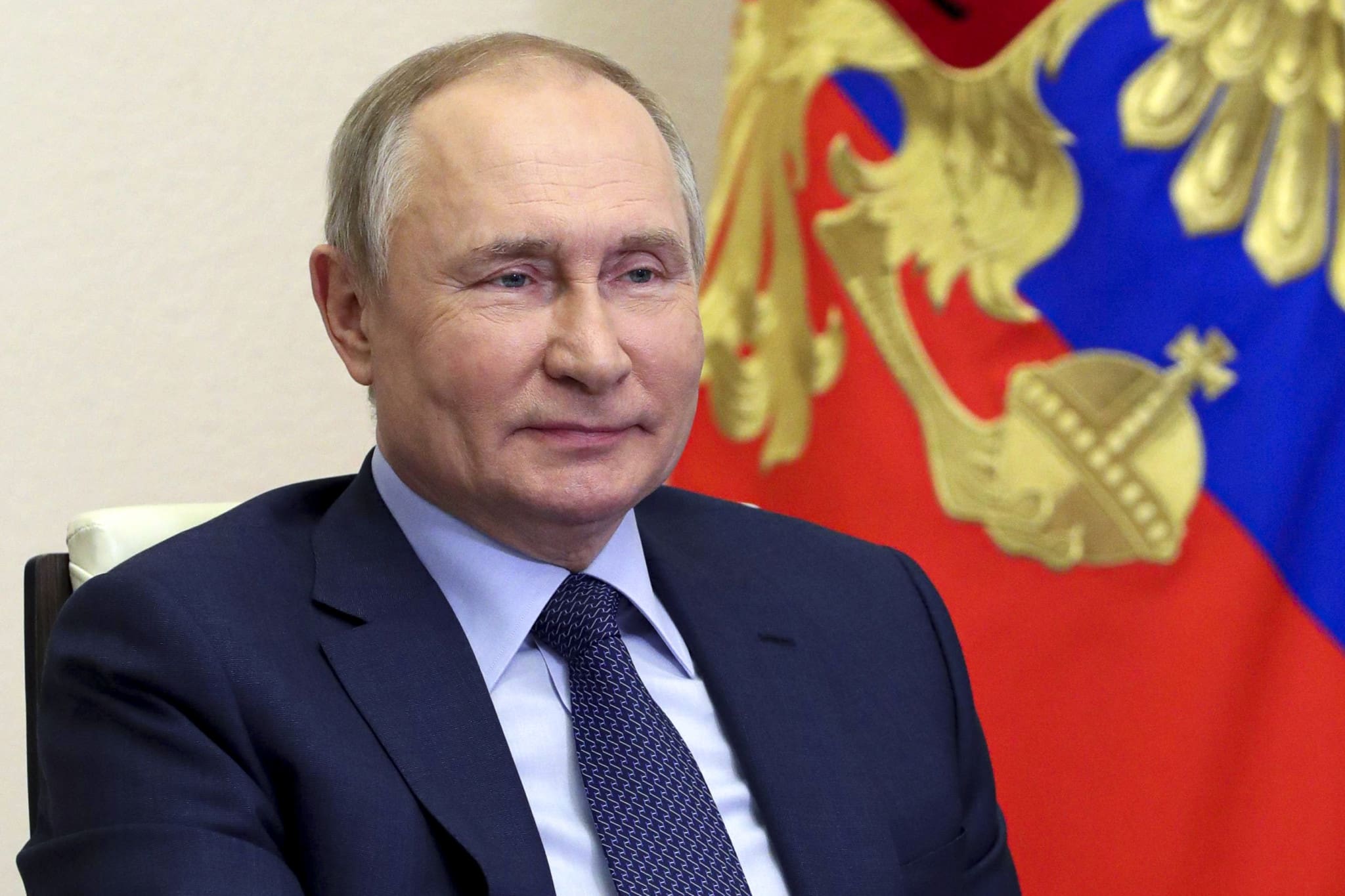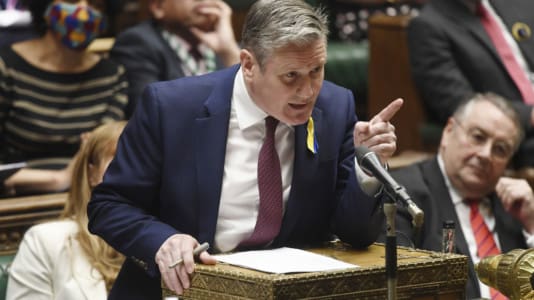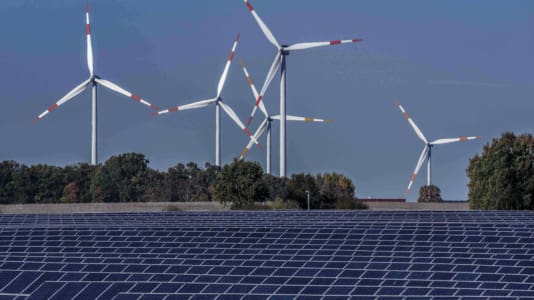On Feb. 24, when the first Russian soldier had set foot on Ukrainian soil besides the territories already occupied in 2014, the first day of the post-Putin had already begun. The military operation initiated a turmoil of a geopolitical and historic magnitude not seen since 1989, which marked the fall of the Berlin Wall. But those now rooting for a change of guard in the Kremlin should be careful what they wish for.
Learning the lessons of the past few weeks, there is no point in engaging in any predictions about what is going to happen on the battlefield, and especially not what the Russian president thinks, or what he is going to do next. The term “post-Putin era” does not simply designate a future without the current Russian president either. Putin could be ousted next week, or stay another decade or so. Nevertheless, his decision to order a full-scale invasion in Ukraine, as well as the subsequent failure to achieve a quick victory, will have already eroded his authority and grip on power to a point from which he would need a miracle to recover his reputation to pre-invasion levels.
Furthermore, what appears to be the deliberate targeting of civilians and civilian infrastructure, the utterly amateurish communication strategy Russia has produced around the conflict, and the staggering losses that his country has suffered not seen since the Second World War will mean two things: on the one hand, he has inadvertently confirmed the past predictions of his global political opponents on the ideological left, and on the other, he has discredited some of his past Western sympathizers.
In short, Putin is damaged goods domestically and internationally, and those in the West failing to publicly distance themselves from him, let alone politicians showing him support, will inevitably expose themselves to attacks of the totalitarian international left. History will judge whether Putin has achieved his goals, or whether he massively miscalculated himself. However, the fact is, he is the one who appears to be the aggressor and the pariah, and the last nail still missing from his political coffin is only an indictment from the International Criminal Court in the Hague, which is almost guaranteed to be on its way. It is safe to say that no leader in the democratic West will want to be photographed again with a convicted war criminal.
But those who want to see Vladimir Putin’s back on the global political sphere should understood that he is not the cause as such, he is the effect, i. e. the product of Russian paranoia, and a perfectly sound self-assessment of Russian society in equal measure. There are two things that most Russians are significantly more afraid of than NATO soldiers marching through Red Square: first, the woke disease tearing Western societies apart, and the anarchy of the Yeltsin years. The first one is already without a doubt taking hold of the discourse among young people in Russia, especially in urban areas, and many outside these circles are more than happy to look the other way as long as Putin is willing to crack down on progressivism that has set the liberal West’s irreversible decline into motion.
Those in Russia most susceptible to Western ideological trends are too young to remember the chaos of the Boris Yeltsin years (1991-99), which gave rise to the oligarchs. The era was characterized by an enormous growth in organized crime, economic misery and, last but not least, a decline in Russia’s international influence.
Vladimir Putin was hailed as the nation’s savior by many when he put an end to this chaotic period in Russian history, which had been defined as Russia’s closest attempt to becoming a democratic society in its entire history. The past chaos Russia endured makes it safe to say that whoever might replace Putin will not be an antithesis to the Russian leader. It is crucial to understand that if the Russian president’s grip slips, it will not suffer because he has invaded Ukraine, nor because of the images of dead and maimed children and civilians coming from the war-zone, but because of his lack of real or perceived success in the ongoing conflict.
Most have assumed that recent polls showing that 60 percent of Russians support the invasion of Ukraine were great news for Putin. On the contrary, these polls were mostly conducted at the early stages of the invasion, where patriotic feelings among Russians were high, and Russian casualties in the field still low. In other words, most of these people assumed a quick and guaranteed Russian victory. Over a month into the conflict, it is safe to say that their expectations have not materialized. Disappointing this very segment of the Russian population is the worst thing that can happen as far as the Kremlin is concerned.
In conclusion, one can safely assume that there can only be two types of the coming post-Putin era: one with a weakened and isolated Putin in the Kremlin, or one without. A lot will depend on his inner circle, whether they will stick with a tainted Russian leader whose aura of infallibility is in tatters, or whether the Russian leader fearing a coup will in fact stick with them. One is fairly certain though: if he is replaced by someone else, Russians are unlikely to elect a new leader inclined to change course, but rather someone who can successfully maintain the status quo that Putin had created, maintained, and finally endangered.






